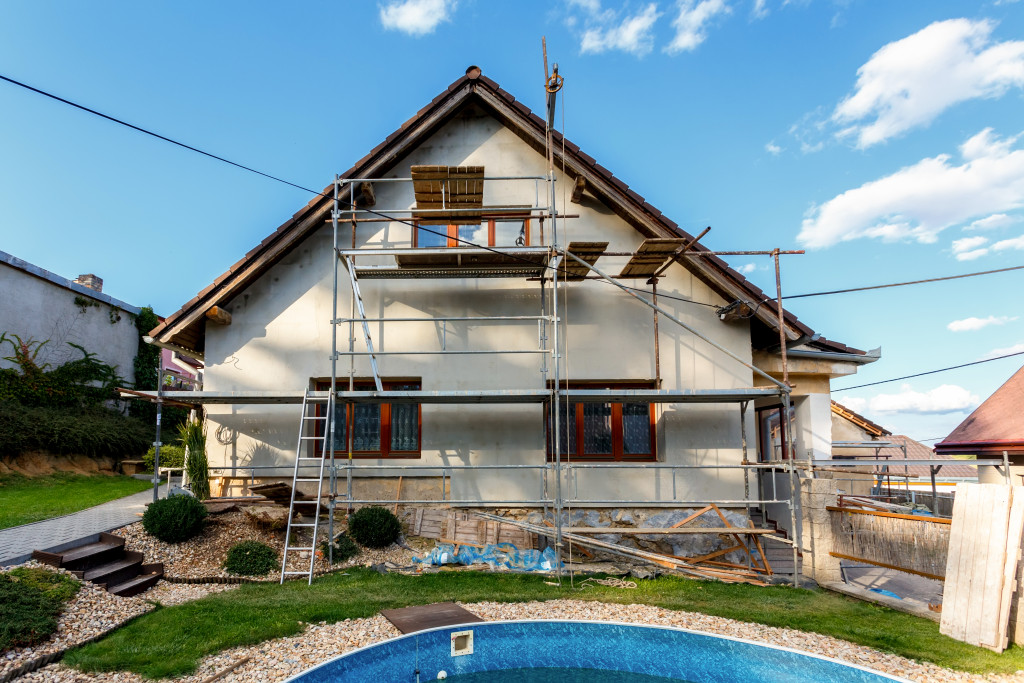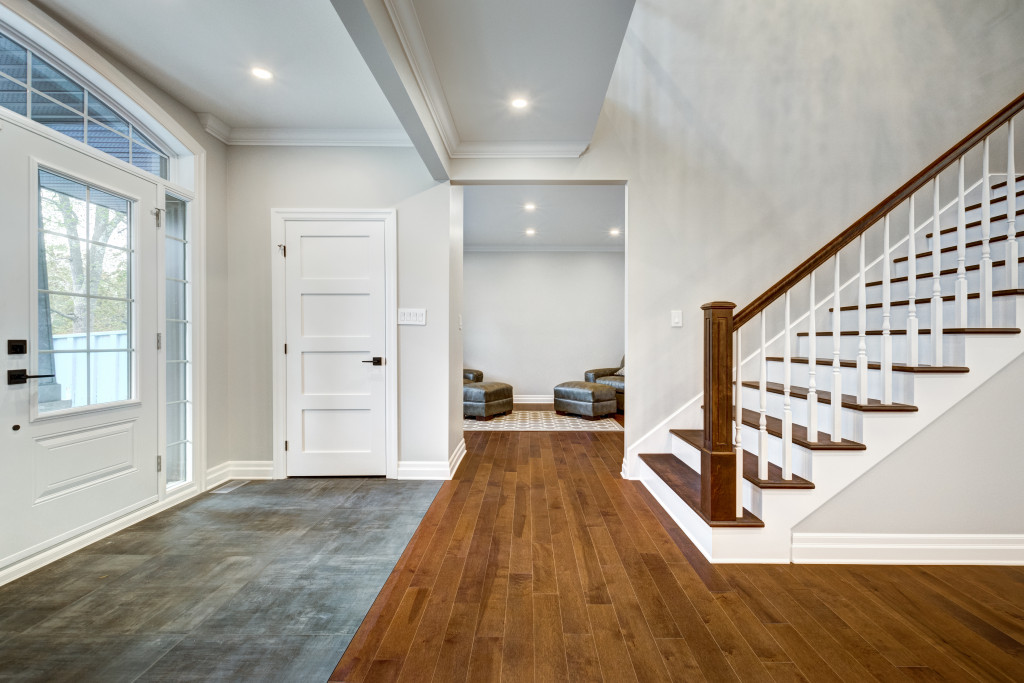- Landlords are responsible for safe and correctly maintained property systems to prevent injuries and damage.
- Certified contractors should handle system installations, ensuring adherence to local safety regulations and codes.
- Regular maintenance checks prevent minor issues from escalating into major, costly problems and ensure system longevity.
- Tenants’ involvement in reporting maintenance issues is crucial for immediate resolution and damage mitigation.
- Implementing safety devices and educating tenants on emergency procedures significantly enhances rental property safety.
As a landlord, you are responsible for providing your tenants with safe and secure rental properties. One crucial aspect is ensuring the property’s systems are installed and maintained correctly. Failure to do so could result in severe injury or property damage, leaving you liable for legal and financial repercussions.
Safety should always be a top priority when it comes to rental properties. If not regularly and adequately maintained, the systems in these properties could pose a hazard to both your tenants and your property.
Properly installed and maintained electrical, plumbing, and HVAC systems could help prevent potential problems and ensure tenants’ comfort, happiness, and safety. Regular system checks and maintenance could also prevent minor issues from becoming more extensive and more expensive problems in the long run.
System Installation Best Practices
Regarding system installation, always rely on a certified, experienced contractor who follows local safety regulations and best practices. Ensure that all systems are of the highest quality and up to code.
Electrical Systems
Electrical system maintenance includes checking if the wires and circuits are overloaded and testing lighting and backup systems. Replace all outdated amps and circuits with modern and advanced models. Make sure that all lines are grounded to prevent shocks.
Moreover, conducting an EICRS test on your property is essential to ensure safety. This process examines all electrical systems, including the sockets, wiring, and consumer unit. In case of any faults, the report will give recommendations to rectify them, highlighting possible hazards.
Plumbing Systems
Prioritize proper plumbing system installation to reduce the risk of dangerous flooding, blocked drains, or leaks. Have a plumber inspect all plumbing before the tenant moves in and regularly after that.
Ensure that all pipes are correctly routed to prevent future problems. Encourage tenants to report leaks or water damage immediately to prevent further damage.
HVAC Systems
Proper inspection and maintenance of heating, ventilation, and air conditioning (HVAC) units can promote safe and comfortable living. Hire an expert HVAC technician to check and make sure that these systems run smoothly.
Regular filter replacement and cleaning of air ducts are necessary to promote cleaner air circulation throughout the building. An HVAC professional’s recommendation could aid in boosting the system’s efficiency and preventing any safety concerns.
Ongoing System Maintenance
Proper maintenance of systems and equipment is critical in ensuring their longevity and efficiency. Landlords should have a maintenance schedule to avoid system breakdowns, which are often costly.
Routine maintenance helps to ensure that your systems and equipment are running efficiently and effectively. Regular maintenance checks can help you identify and fix any issues with your equipment and systems, thus reducing the risk of accidents or breakdowns.
Maintenance Schedules
A maintenance schedule is a plan that outlines the frequency and type of maintenance work required for your systems and equipment. Landlords can schedule maintenance checks on HVAC, plumbing, electrical, and appliances.
Tenant Involvement
Tenants should also be involved in ensuring the safety of the rental property. As a landlord, you can encourage your tenants to report any maintenance issues as soon as they arise. Prompt reporting of issues can help prevent accidents and mitigate any damage.

Safety Measures and Tenant Education
In addition to maintenance checks, landlords should consider implementing safety devices in an emergency and prevent property damage or loss of lives.
Implementing Safety Devices
The installation of safety devices such as smoke detectors, carbon monoxide detectors, and fire extinguishers is an effective way to improve the safety of rental properties. Smoke detectors, for instance, can alert tenants in case of a fire outbreak, giving them enough time to evacuate the building.
Tenant Education
Education is a critical aspect of ensuring the safety of your tenants. As a landlord, you should educate your tenants on safety measures to take in an emergency. You can organize safety training sessions for your tenants and provide them with safety manuals and emergency contact information.
Communication Strategies
Communication is critical in ensuring that your tenants are safe and aware of any issues that may arise. Landlords should have an effective communication system to relay maintenance or safety concerns to their tenants promptly.
You can create a communication plan outlining the preferred communication channels, such as email, phone, or text, and the expected response time.

A landlord’s first responsibility is to ensure their tenants’ safety, comfort, and needs are met. System installations and maintenance in rental properties should be done with utmost care and attention to detail.
Regular checks and maintenance may also help prevent accidents and reduce costs in the long run. Always hire certified professionals to carry out installations and repairs safely. Proper installation and maintenance of electrical, plumbing, and HVAC systems are a must to guarantee tenants’ and properties’ safety.



